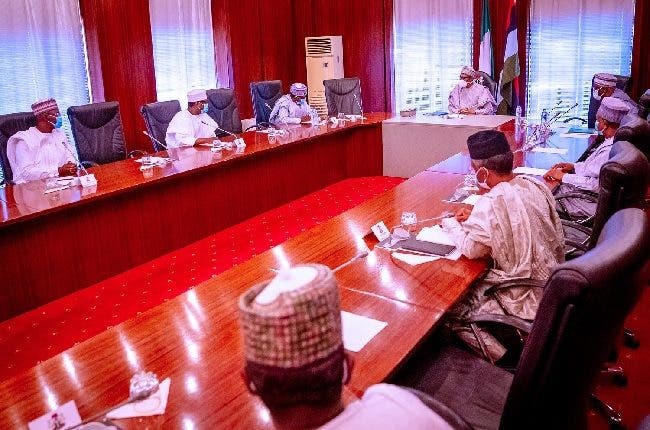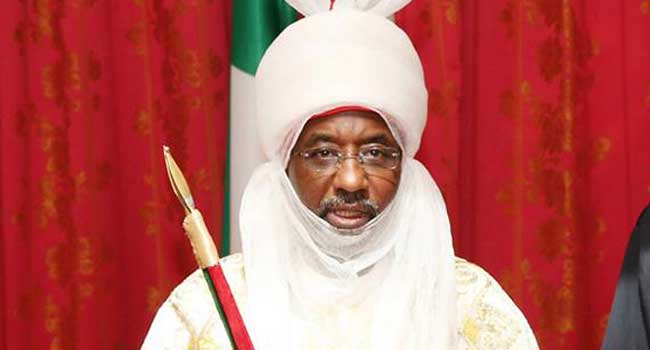The International Air Transport Association (IATA) expects 7.8 billion passengers to travel in 2036, a near doubling of the four billion air travelers expected to fly in 2017.
IATA disclosed this in its 20-Year Air Passenger Forecast released in Abuja on Tuesday.
The association said the prediction was based on a 3.6 per cent average Compound Annual Growth Rate (CAGR) noted in the release of the latest update.
The forecast revealed that the Asia-Pacific region would be the biggest driver of demand, stating that the region would be the source of more than half the new passengers over the next two decades.
According to IATA, the point at which China will displace the United States as the world’s largest aviation market (defined as traffic to, from and within the country) has moved two years closer since last year’s forecast.
“We now anticipate this will occur around 2022, through a combination of slightly faster Chinese growth and slightly reduced growth in the US.
The UK will fall to fifth place, surpassed by India in 2025, and Indonesia in 2030.
“Thailand and Turkey will enter the top 10 largest markets, while France and Italy will fall in the rankings to 11th and 12th, respectively.
“Maximising the potential benefits of aviation growth will depend on current levels of trade liberalisation and visa facilitation being maintained.
“If trade protectionism and travel restrictions are put in place, the benefits of air connectivity will decline as growth could slow to 2.7 per cent meaning 1.1 billion fewer passenger journeys annually in 2036.
“Conversely, if moves toward liberalisation increase, annual growth could be more than two percentage points faster, leading to a tripling in passengers over the next 20 years,” IATA predicted.
On regional growth, IATA predicted that Africa would grow by 5.9 per cent to see an extra 274 million passengers a year for a total market of 400 million passengers.
It added that the North American region would grow by 2.3 per cent annually with a total of 1.2 billion passengers in 2036, an additional 452 million passengers per year.
According to the forecast, Europe will also grow at 2.3 per cent, and will add an additional 550 million passengers a year bringing the total market to 1.5 billion passengers.
“Latin American markets will grow by 4.2 per cent, serving a total of 757 million passengers, an additional 421 million passengers annually compared to today.
“The Middle East will grow strongly 5.0 per cent and will see an extra 322 million passengers a year on routes to, from and within the region by 2036 while the total market size will be 517 million passengers,” it stated.
Alexandre de Juniac, IATA’s Director General and CEO, said that all indicators led to growing demand for global connectivity, adding that the world needed to prepare for a doubling of passengers in the next 20 years.
According to him, it is fantastic news for innovation and prosperity, which is driven by air links and also a huge challenge for governments and industry to ensure they can successfully meet this essential demand.
“Increasing demand will bring a significant infrastructure challenge.
“The solution does not lie in more complex processes or building bigger and bigger airports but in harnessing the power of new technology to move activity off-airport, streamline processes and improve efficiency.
“Through partnerships within the industry and beyond, we are confident that sustainable solutions for continued growth can be found.
“No industry has done more to meet its environmental obligations than aviation.
“Our tough targets to achieve carbon-neutral growth from 2020 and to cut our CO2 emissions to half-2005 levels by 2050 are backed by a comprehensive strategy.
“Our immediate aims are to work with governments to increase the production of sustainable aviation fuels, and to deliver air traffic management efficiencies, which promise significant emissions savings.
“And from 2020, a Carbon Offsetting and Reduction Scheme for International Aviation (CORSIA) will play a major role in meeting our carbon-neutral target,” he said.






